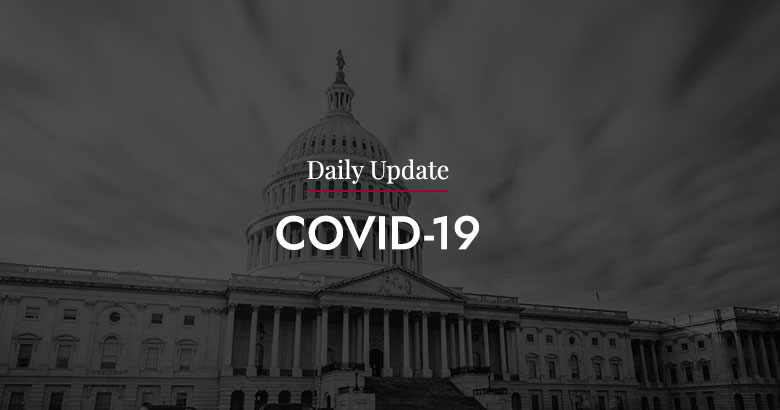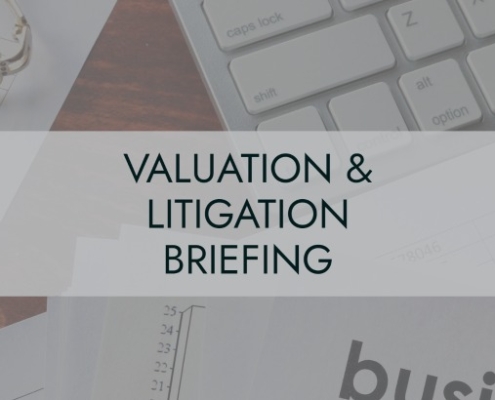The Economic Injury Disaster Loan Program
While many of our recent updates have focused on the CARES Act and the Paycheck Protection Program (PPP), we’re now hearing that taxpayers are starting to receive Economic Injury Disaster Loan (EIDL) approval, or the EIDL funding itself. As a reminder, the EIDL is a longstanding SBA program designed to support business through difficult times caused by disasters. The current pandemic certainly fits this bill. While the EIDL program is still processing applications received, it is not accepting any new applications aside from agricultural companies.
Highlights of the EIDL Program
The EIDL loan must be repaid over up to a 30-year term at 3.75% interest for businesses (2.75% for nonprofits), with a one-year deferment on the first payment. No collateral is required for loans of $25,000 or less, and up to $200,000 can be approved without a personal guarantee.
Changes to Program Since Initial Offering
- On April 6, 2020, the EIDL grant program was reduced from $10,000 per company to $1,000 per employee up to 10 employees as a result of the high demand of the loans. This grant is an advance on any potential loan and does not have to be repaid.
- It has been reported in the media that the maximum loan amount was reduced from $2 million to $150,000 per applicant, but the SBA has yet to publicly confirm that.
Eligible and Ineligible Uses of EIDL Loan
Unlike the PPP loan, which can only be used for payroll, business mortgage interest, business rent or lease payments and business utility payments, EIDL loan funds can be used for a wider range of business working capital needs such as:
- Fixed debts (e.g., rent, mortgage and equipment or vehicle leases)
- Payroll
- Accounts Payable
- Some bills that could have been paid had the disaster not occurred
There is a longer list of items for which the funds cannot be used for such as:
- Dividends and bonuses
- Disbursements to owners, unless for performance of services
- Repayment of stockholder/principal loans
- Expansion of facilities or acquisition of fixed assets
- Repair or replacement of physical damages
- Refinancing long-term debt
- Paying down (including regular installment payments) or paying off loans provided, or owned by another Federal agency (including SBA) or a Small Business Investment Company
- Payment of any part of a direct Federal debt, (including SBA loans) except IRS obligations
- Relocation (however, you can request written consent to relocate)
PPP and EIDL Interplay
The government has made it clear that you can have both types of loans as long as they are used for different expenses. It is important to keep the funds separate and use the PPP loans to pay employees since 75% of the funds must be used for payroll in order to be forgiven. The EIDL funds can be used for other operating expenses.
If a PPP loan has been obtained, the amount of the grant you receive will be subtracted from the PPP forgiveness amount.
We realize that everyone’s situation is different. How the EIDL advance works in conjunction to the PPP funds may differ for each taxpayer. Please contact us to discuss your specific situation and any other questions or concerns you may have. We are available to speak with you by phone at 215-675-8364.
DISCLAIMER: The WM Daily Update COVID-19, COVID-19 Business Resources and COVID-19 Client News Alerts and other related communications are intended to provide general information on legislative COVID-19 relief measures as of the date of this communication and may reference information from reputable sources. Although our firm has made every reasonable effort to ensure that the information provided is accurate, we make no warranties, expressed or implied, on the information provided. As legislative efforts are still ongoing, we expect that there may be additional guidance and clarification from regulators that may modify some of the provisions in this communication. Some of those modifications may be significant. As such, be aware that this is not a comprehensive analysis of the subject matter covered and is not intended to provide specific recommendations to you or your business with respect to the matters addressed.







